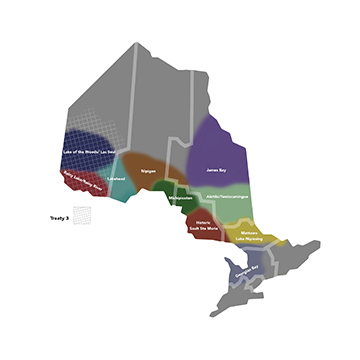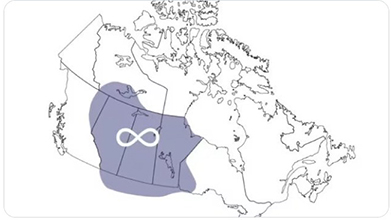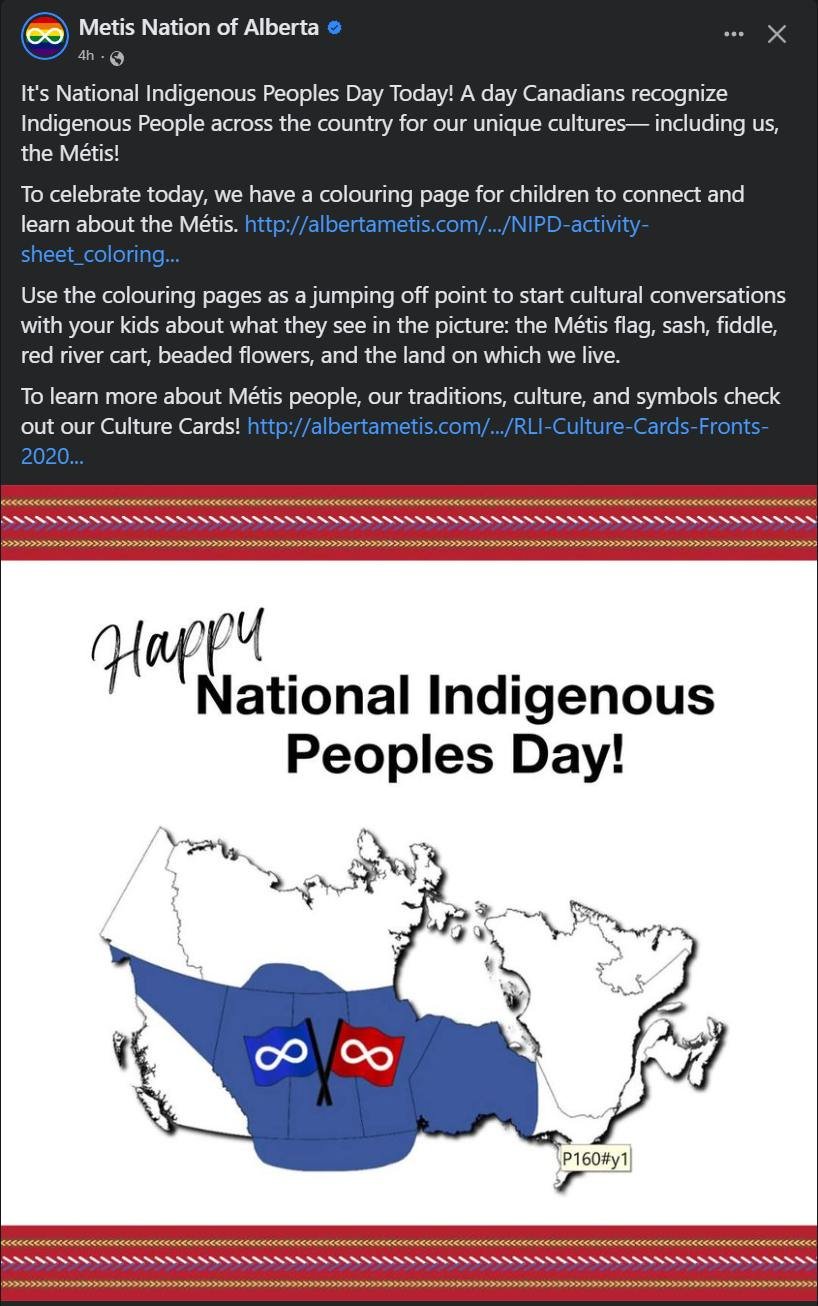Summary
Local Journalism Initiative Reporter
Windspeaker.com
Updated: June 23, 2023 at 2:04 p.m.(MDT).
Margaret Froh, president of the Métis Nation of Ontario, is “delighted” that legislation that will recognize Métis self-government has received first and second readings upon its introduction in the House of Commons June 21.
Bill C-53, an Act respecting the recognition of certain Métis governments in Alberta, Ontario and Saskatchewan, to give effect to treaties with those governments and to make consequential amendments to other Acts, was tabled June 16 as a government motion by Crown-Indigenous Relations Minister Marc Miller, with a Ways and Means motion associated with it.
Ways and Means motions deal with financial measures.
“The Ways and Means motion connected with Bill C-53 has no monies associated with it. It is with respect to the tax treatment of the Métis governments to be negotiated in the future,” said Crown-Indigenous Relations spokesperson Corolane Gratton.
Bill C-53 includes the possibility of tax treatment agreements, which are not part of a treaty.
The legislation had originally been scheduled to be introduced to the House on Monday June 19. Froh says she is not aware of the reasons behind the delay. However, 80 Métis representatives remained in Ottawa until the bill was introduced.
Miller’s department explained the delay as “out of our control” with rescheduling made necessary because the parliamentary session was nearing its end.
What the delay did do, says Froh, was make her more appreciative of Métis government processes.
She says the Métis self-government legislation “does what we need it to do and it does no more.”
The legislation was co-developed by the three Métis governments with Crown-Indigenous Relations.
This self-government implementation legislation performs “a function of giving Canada the tools it needs to be able to formally recognize our governance and that cradle for that ongoing nation-to-nation, government-to-government relationship,” said Froh.
The legislation advances the recognition of the right to self-determination, including the inherent right to self-government recognized and affirmed by Sect. 35 “of certain Métis collectives and the recognition of the authority of Métis governments to act on behalf of those collectives.”
Like the updated self-government recognition and implementation agreements that Canada signed with the MNO, Métis Nation of Alberta and Métis Nation-Saskatchewan in February, the legislation “is about governing ourselves and those areas of jurisdiction that are relevant to that,” said Froh.
The terms of the modern self-government treaties have yet to be negotiated, she says.
She expects those negotiations to be completed within the next two years, although she notes it took seven years to get to this point.
Froh says the treaty will focus on citizenship, electing leaders, other core governance areas and “how we take care of our children.”
The legislation does contemplate supplemental self-government agreements to be negotiated in the future and that could include land and resources.
“But, in the event that those types of things happen, then clearly…when we're talking about lands, in particular, there would have to be some conversation. There would have to be a determination of whether or not there was interest and, if there was, then the duty to consult would apply. So these agreements, and the modern self-government treaties that will come, do not deal with land or land-related issues,” said Froh.
But it is land and resources that have Ontario First Nations concerned and rallying this past Monday on Parliament Hill.
Their voices have been joined by First Nations chiefs and organizations across the country, including the Assembly of First Nations.
Chiefs have expressed concerns about the province of Ontario and the MNO recognizing six historic Métis communities based on research presented in 2017.



Those additional communities deviate from a 2018 Métis National Council map that shows the Métis Homeland, which includes only the Northwestern Ontario Métis Community along the Manitoba border.
Froh says she is surprised by the opposition from Ontario chiefs, especially considering MNO signed a protocol agreement with the Chiefs of Ontario and participated in a pipe ceremony with the Anishinabek Nation, both in 2004.
“What they're saying is there are no Métis communities in Ontario… They're just denying the existence of Métis in Ontario,” said Froh.
But that isn’t the case, say the chiefs.
In a discussion with Miller at the Chiefs of Ontario general assembly last week, Ontario chiefs were clear that they respected legitimate rights holders. They were also clear that Métis communities added by the MNO were not legitimate rights holders.
Froh points out that 10 years of research undertaken by the MNO documents the existence of Métis communities in other parts of Ontario.
The Ontario chiefs are just as adamant that their own research and family records indicate that those are not historic Métis communities.
“The fact of Métis, the fact of Métis rights in Ontario, the fact of those communities is not new. It's been around for a very long time, and so I just take issue with this concept of ‘new’ being repeated repeatedly,” said Froh.
This is far from the first time the MNO has been questioned about its expanded citizenship list.
In 2021, the Métis National Council delegates passed a motion to establish an expert panel that would, in part, provide the MNO with the opportunity to present the work it “engaged in” with the Ontario government to identify the additional historical Métis communities.
Related stories:
MNO will present its case to determine future in Métis National Council - Windspeaker.com
Two years later and that has yet to be done.
Froh says the MNO made the decision to put its energy into the self-government agreements and legislation, as well as participate in the national action plan for Canada’s work on implementing the United Nations Declaration on the Rights of Indigenous Peoples.
“The issue is not lost and it is one…we will be addressing as we move forward,” she said.
Windspeaker.com did not hear back from MNC by deadline as to what actions may be ongoing with the expert panel.
Froh would not speculate on what would happen if MNC did not view MNO’s historical documents in the same way her government does.
She does point out that MNC is only an advocacy organization and not a Métis government.
As for the Ontario chiefs, Froh is open to discussions.
“We look forward to having the opportunity to have conversations and to answer questions that folks may have around our registry, for example, and we look forward to the opportunity to actually have some informed, respectful conversations about those things,” she said.
Last week when Miller suggested chiefs speak with the MNO, chiefs informed him they were not comfortable holding a discussion with the MNO who, as far as they were concerned, had not proven that their members were legitimate rights holders.
The Métis self-government legislation must now go to committee for consideration before coming back for third and final reading in the House of Commons. Then it goes to the Senate for three readings as well.
Parliament is now on summer break and will not reconvene until mid-September.
Local Journalism Initiative Reporters are supported by a financial contribution made by the Government of Canada.
